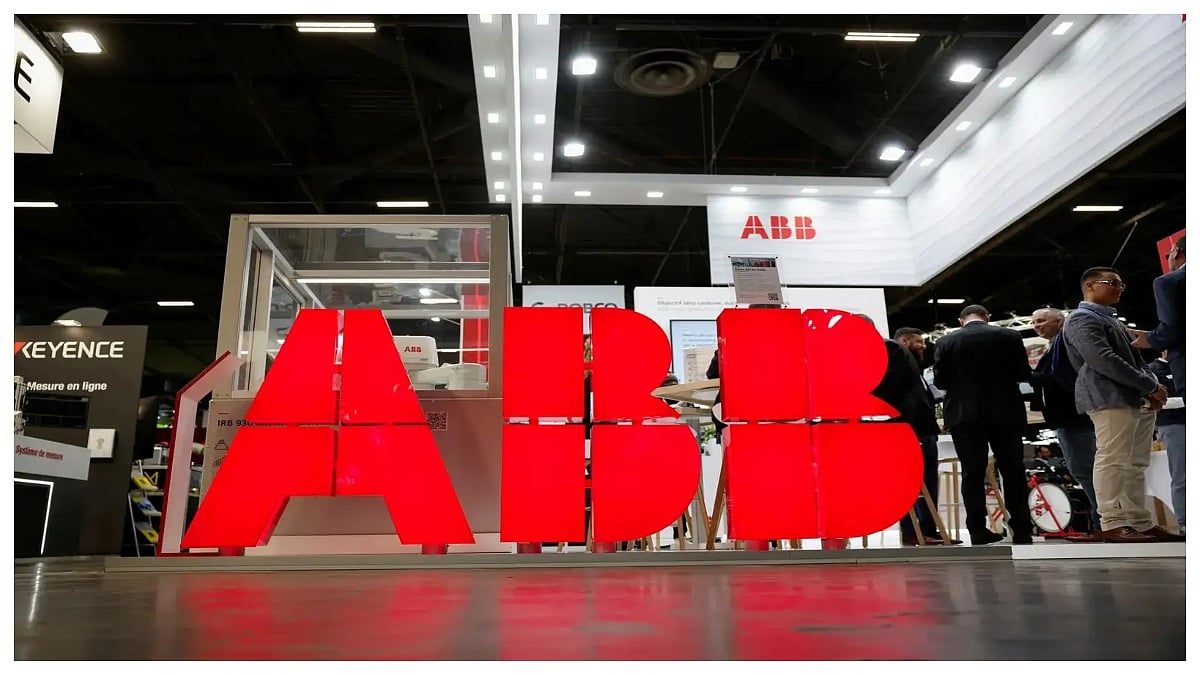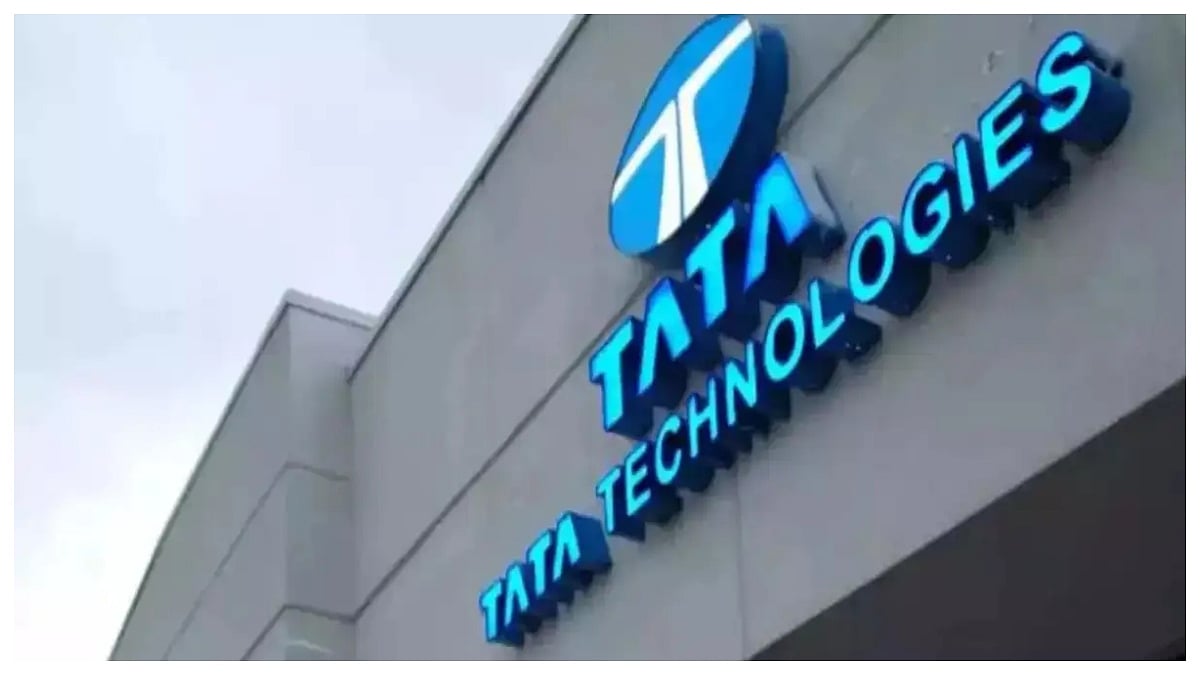Railway route privatisation is not as rosy it looks as there is no bar on competition on one hand and demand risks outweigh the benefits on other, even though the private operator is free to fix the tariffs, warns a report.
Currently, the railways cross-subsidises passengers by overcharging freight to minimise the losses generated in running passenger trains.
Learning from previous public-private partnership models, the government has drafted a new concession framework for private train operators giving them autonomy to fix tariffs.
"But absence of a non-competing clause for the route amplifies the cash-flow risks on one hand and on the other bid variable or the revenue share, resembles ports or airports' concession model, where the experience has been mixed for concessionaires," notes India Ratings in a report on Friday.
Additionally, the operators are obligated to pay haulage charges towards track maintenance, signalling, terminals and others on a per km basis for 16 coaches train and cargo-related risks are higher than anticipated.
Though the concession period is long enough at 35 years, the full exposure to demand risk poses an elevated risk for operators and that the corridor demand/traffic risk combined with competition from existing trains would influence developers' return expectations, says the report.
Even though the framework allows a developer to win more than one routes opens up the opportunity to commingle multiple projects to raise funding, "however, we expect demand risks to outweigh the benefits of pooling in the event of incorrect demand risk forecasting", it said.
While demand risks also exist in other sectors like airports and ports, introduction of competition elevates the risk in the case of railways.
"In other sectors, there are some exclusivity clauses prohibiting competition. Absence of this clause casts higher uncertainty on revenues. The model allows only some time exclusivity from the originating point," it notes.
However, full autonomy to fix the tariff lends strength to the model, it says adding a dynamic pricing model similar to the taxi-aggregator model will be a better way, though.
Given the minimum maintenance gap of either 31 days or 40,000 km of running, the operator's ability to maintain trains in a good condition to meet the key performance indicator plays a critical role in the assessment methodology. The haulage charges are paid for identified support from the railways.




